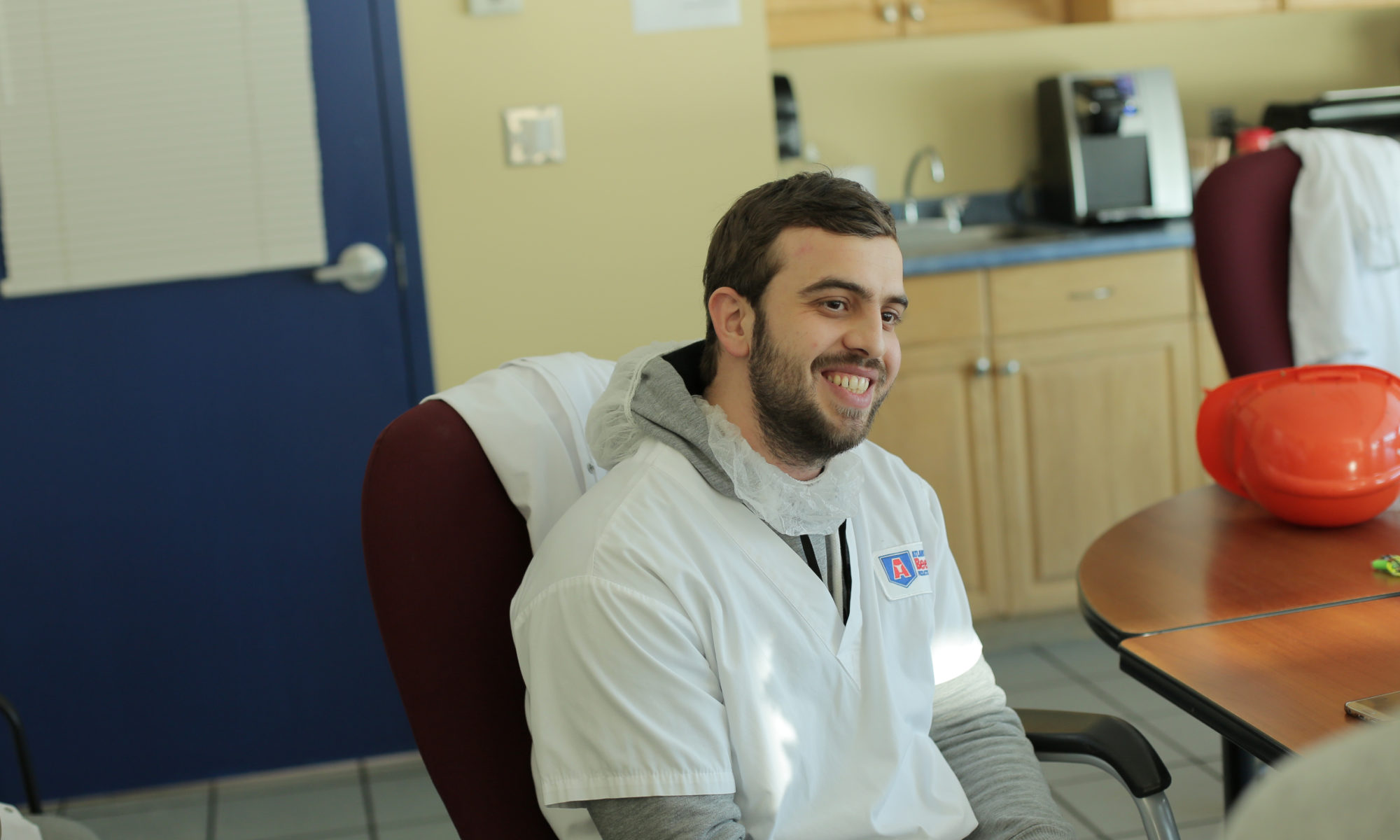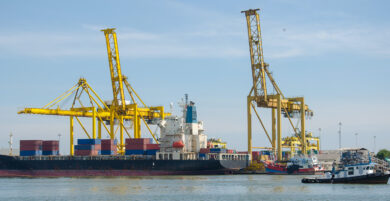
Opinion: Provinces should be able to nominate siblings and cousins of newcomers
If Atlantic Canada really wants to retain immigrants, it should convince Ottawa to abandon its narrow view of family as a nuclear unit and adopt a culturally diverse view of family as the network of relations essential to any one individual’s well being and success.
Allowing the reunification of siblings, cousins, aunts and uncles of those who have chosen this country as their new home would help newcomers settle and grow roots in the region, particularly if reunification was conducted through provincial nomination.
That policy change would also turn the philosophical foundation of our system upside down. Canadian immigration is mostly built around the core principle of selecting newcomers according to what we think they can do for us (economic immigrants) – not what we can do for them (refugees and family reunification immigrants).
More than half of our newcomers are chosen explicitly on the basis of whether we expect them to create an economic benefit to the country. That’s higher than every other country in the OECD except Australia, according to a July 2018 report.
Only about one quarter of the immigrants accepted each year as new permanent residents of Canada are family members sponsored by relatives. By comparison, roughly 70 percent of new immigrants in the United States are sponsored family members and fewer than 20 percent are selected for their value to America as workers, investors and entrepreneurs.
Canada also has some of the strictest rules about family reunification. Family, in the context of Canadian immigration, means only a partner and dependent children. No one can bring in their aunt, uncle, brother, sister, cousin, niece or nephew. There is a program to bring in aged parents, but it’s a long-shot lottery with no guarantee. Even adult children over the age of 22 don’t count.
The refugee advantage
Refugees have a partial work-around to the no-family rule that is not available to economic immigrants.
There are three ways to come to Canada as a refugee: you can be sponsored from overseas by the government, be privately sponsored by a community organization, or you can cross the border and ask for asylum. (You must leave the country if your asylum claim is denied.)
More than 1,000 refugees and their families have landed in Atlantic Canada with the help of churches, mosques, synagogues and community groups since 2015. Now many of those religious and community groups are busy sponsoring a second and third round of refugees in Atlantic Canada, most of whom already have extended family in this region – relatives who arranged to have them sponsored to come to Canada.
Mesbah Dekmak is one of them. The Syrian carpenter was living in Algeria when he was sponsored to come to Canada by a local mosque in Charlottetown. It was his sister that asked the mosque to bring her brother to PEI.
Dekmak is now working on the factory floor at Atlantic Beef Products, and president Russ Mallard is happy to have him. Dekmak says he hopes to get back to fine cabinetry someday but for now, “I love my job.”
Family benefits
The education level of Syrian refugees who landed in between 2015 and 2018 is shockingly low; 270 of the 370 had less than a high school education.
According to research by Prof. Ather Akbari of Saint Mary’s University, those poorly educated Syrian refugees are still likely to help boost the economy.
“All educational levels of immigrants have positive and statistically significant effects on economic growth,” reads the paper published in November 2017. Professor Akbari’s research looked at immigrants who arrived before the Syrian crisis – between 2006 and 2013 — but he found that immigrants of every education level help an economy grow.
To have that impact, they have to stay. But Atlantic Canada has the lowest retention rate of newcomers in the country.
The region also has one of the lowest rates of family-sponsored immigration in Canada. Fewer than 10 percent of the newcomers who landed as permanent residents in New Brunswick in 2017 were sponsored family members. In PEI, the rate was less than five percent.
Much research shows that newcomers are more likely to stay if they have a community where they feel like they belong. The community can be based on language, culture, religion, nationality or other factors. It’s clear that many newcomers leave Atlantic Canada for Toronto, Vancouver or Montreal in search of familiar food, rituals, customs – and extended family.
It would be easier to build those communities here if people could bring in their extended relatives, and it would harder for families to leave the region if it meant losing the chance to import their extended family, or leaving their extended family behind. And, as every Canadian-born citizen knows, it’s easier to raise a family, start a business or improve your education if you have relatives to help you along the way.
It is not a zero sum game. Improving the economy through immigration is not a question of recruiting workers instead of family members. It is a question of getting people to stay. If enough newcomers are able to reunite with their relatives, that might just happen.






